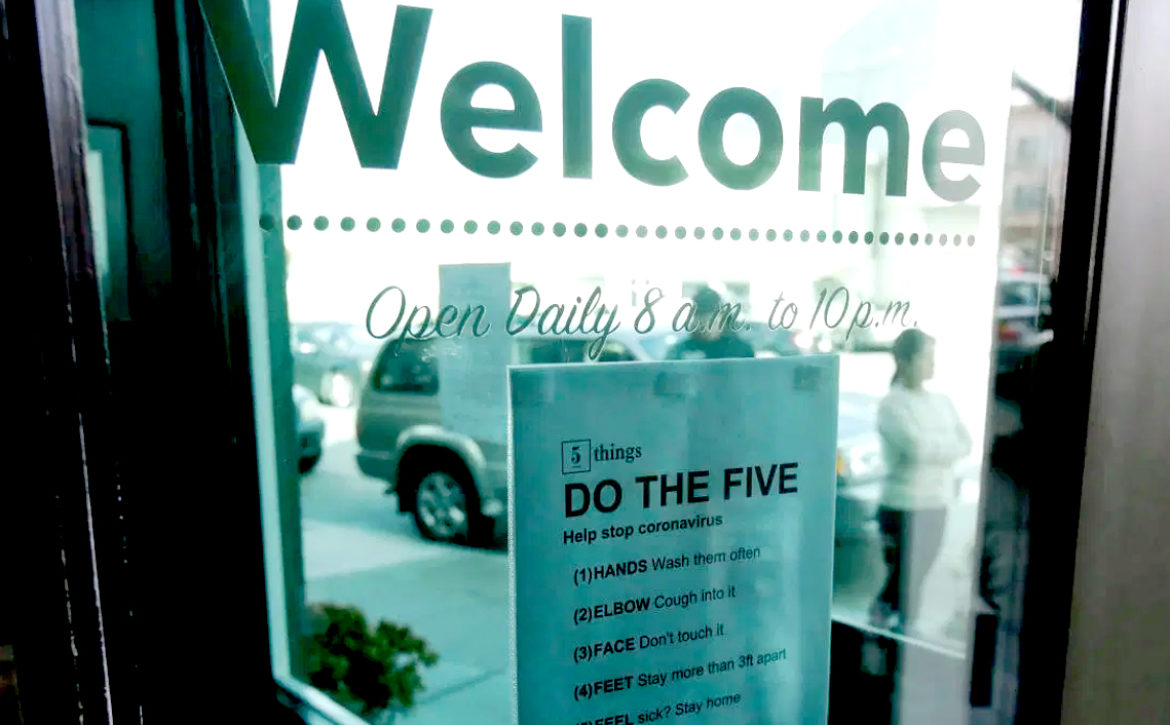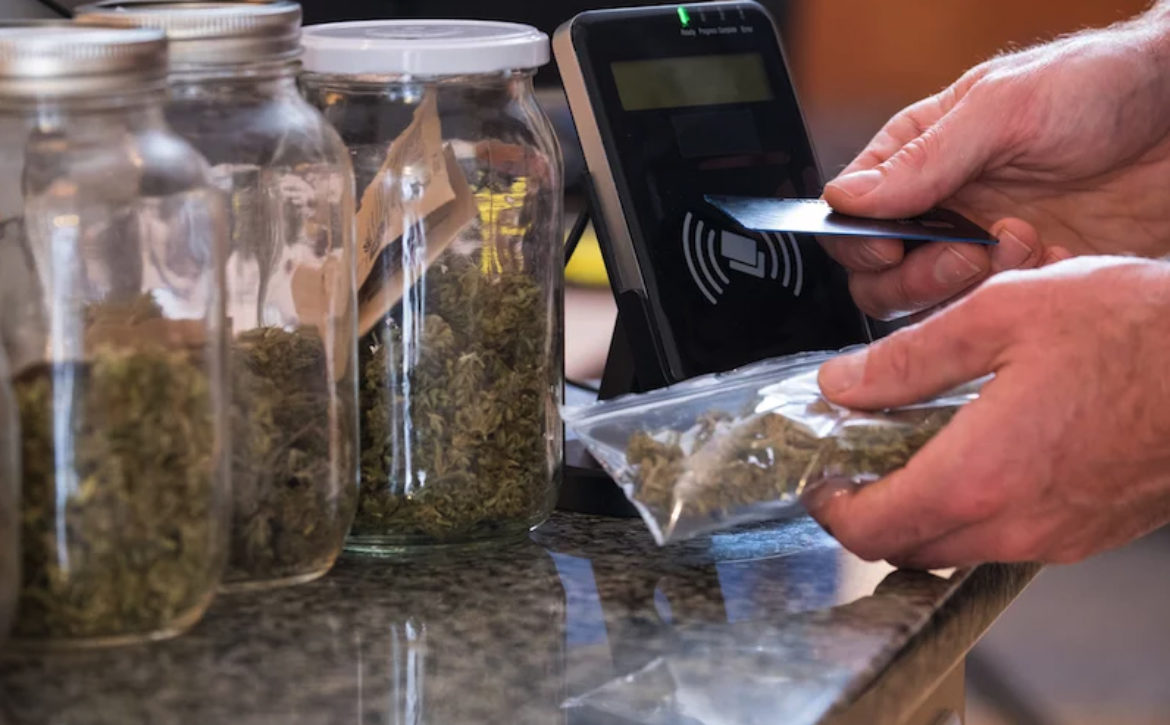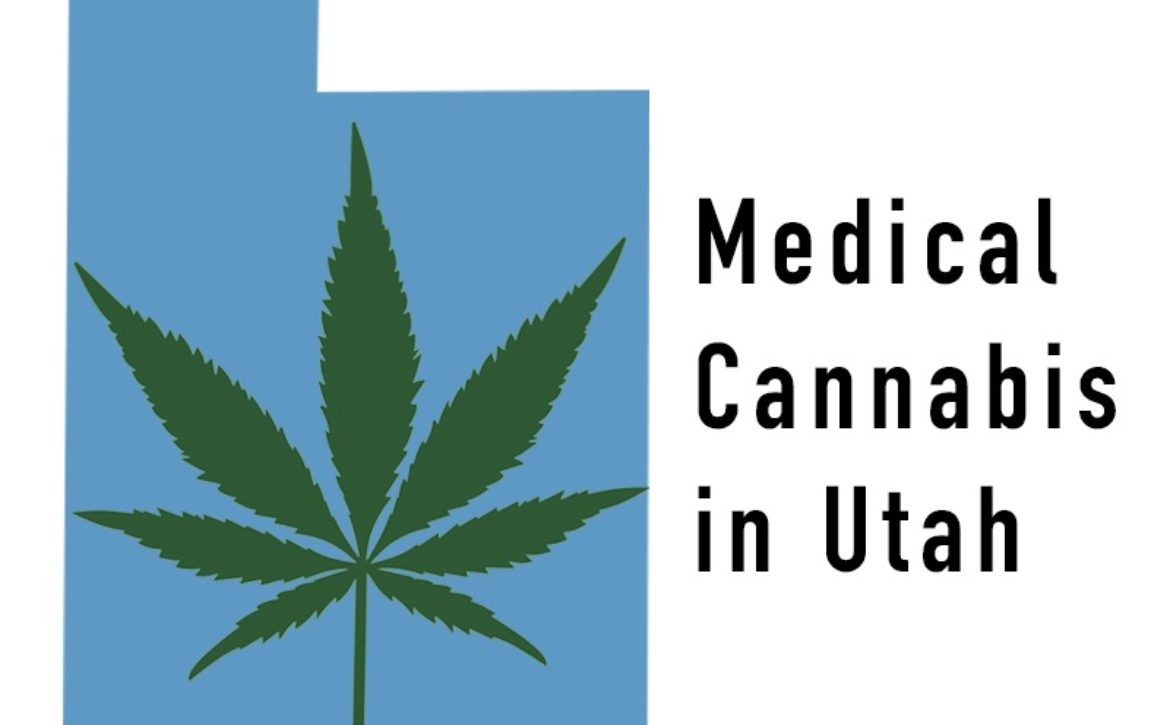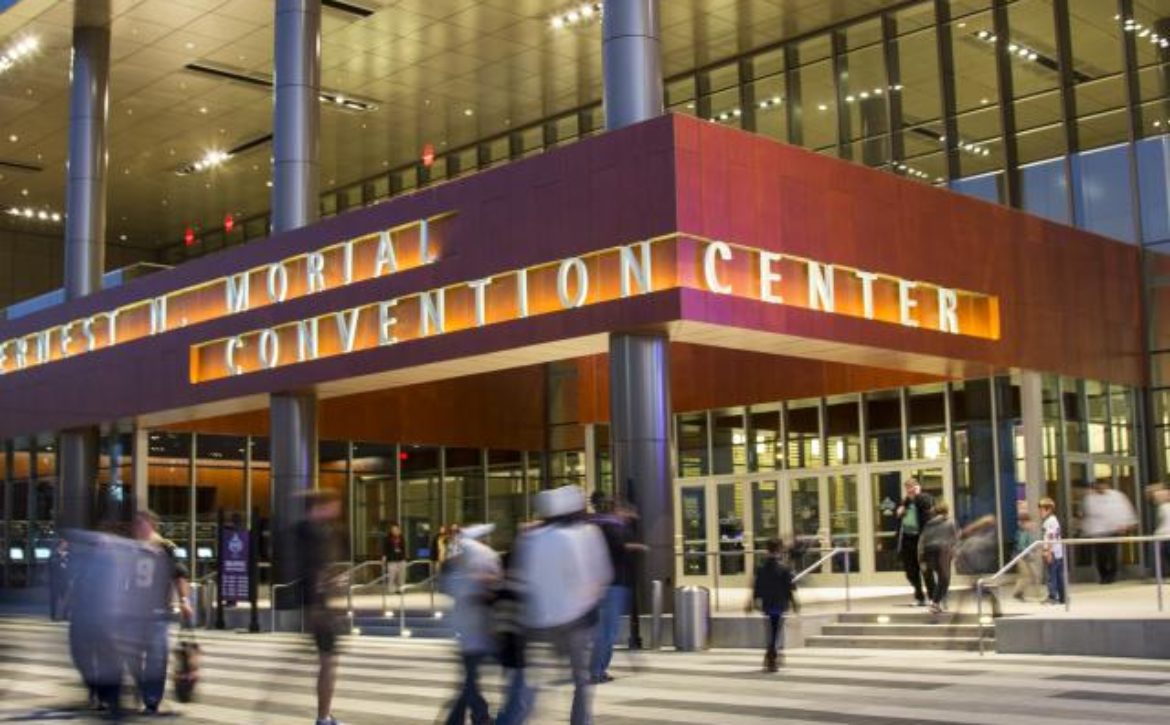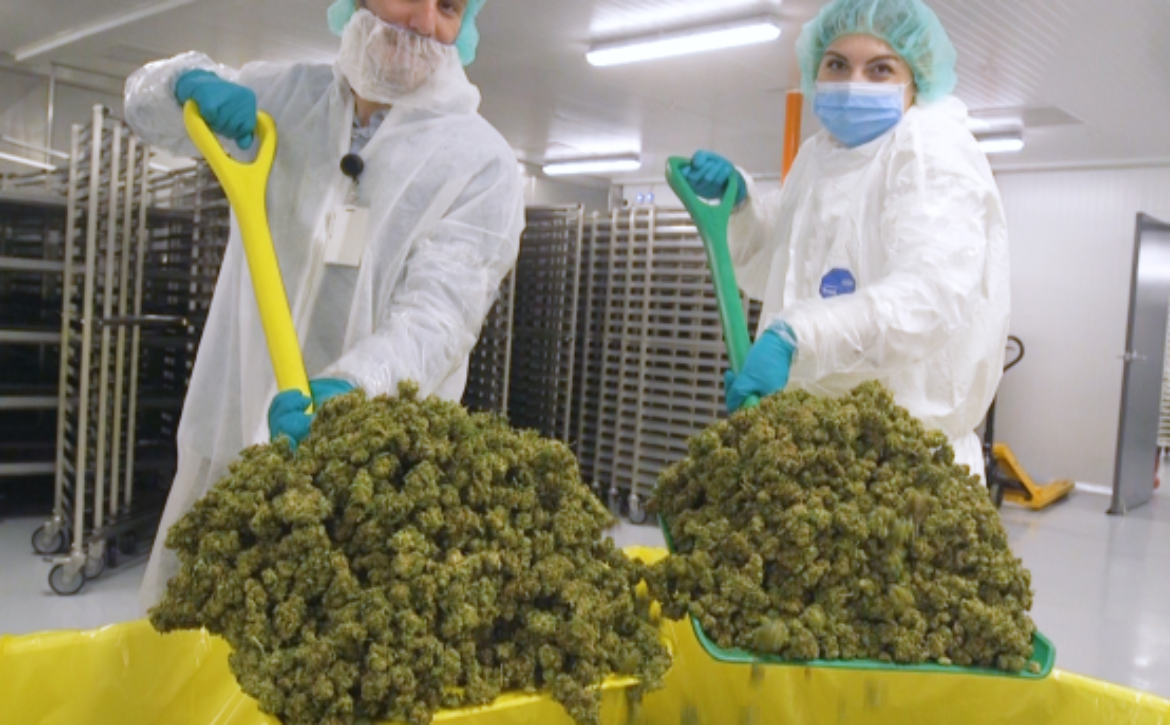Is Commercial Real Estate a Hedge Against Inflation?
Key Takeaways
- Inflation is defined as the general rise in the price of goods and services over time, resulting in the sustained drop in the purchasing power of money.
- In the world of investing, inflation is an important concept when considering returns. If the return isn’t outpacing inflation, the investor is losing money in real terms.
- In an inflationary environment, ownership of “hard” or “tangible” assets can be an effective way to hedge against rising prices. Commercial real estate is one such asset.
- As prices rise in an inflationary environment, so do rental prices for real estate, which in turn drive Net Operating Income and property values higher.
- There are three ways to invest in commercial real estate: directly, with a REIT, or through a private equity firm.
A commercial real estate investment can provide many benefits including income, capital gains, favorable tax treatment, portfolio diversification, and inflation protection. Most of these benefits are fairly straightforward, but the last one—a hedge against inflation—is commonly misunderstood and often overlooked. In order to understand what it is and why it can be powerful, it is first important to understand the concept of inflation itself.
First, What is Inflation?
Inflation is the general rise in the price of goods and services over time, resulting in a sustained drop in the purchasing power of money. In other words, a dollar today is worth more than a dollar in the future due to its loss of purchasing power.
With any type of investment, inflation is an important concept because returns need to be measured both in absolute terms and in relative terms. For example, an individual could allocate money to an investment that pays an interest rate of 3% annually (the absolute return), but if inflation causes consumer prices to rise by 3% in that same year, the relative return on the investment is 0% because the purchasing power of that capital remains unchanged. In that way, it is important for an investment to earn a return, but it is more important that the return outpaces inflation to ensure that purchasing power increases over time.
While inflation can seem scary, many experts and economists actually consider a small amount of it to be a sign of a healthy economy. This is because it encourages consumers to spend money today rather than save it and watch its purchasing power erode over time. In fact, the United States Federal Reserve (as well as other central banks around the world) monitors inflation closely using the “Consumer Price Index” or “CPI” to ensure that it stays within a desired range of 2% – 3% annually. If the economy heats up with prices rising too quickly, the Fed will raise interest rates to slow it down. Conversely, if economic growth is contracting, the Fed will decrease interest rates to encourage economic activity.
Given the known effects of inflation, it is only natural for investors to ask which asset classes or investment types perform well in an inflationary environment. In other words, which investments can best serve as an inflation hedge?
Continue reading at First National Realty Partners

